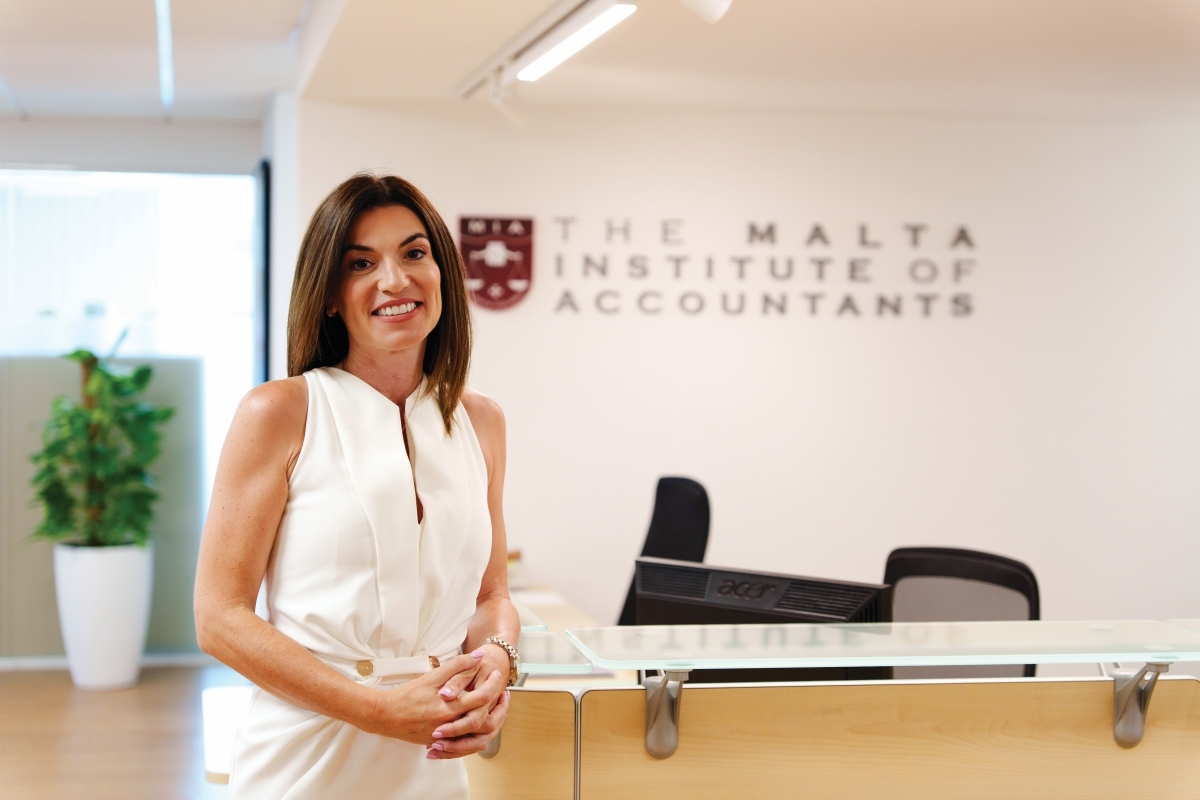As Malta shudders to a halt to listen to the presentation of the Government Budget for 2023 with rapt attention, leading economists JP and Stephanie Fabri have shared their thoughts on the most important aspect for Malta’s continued growth: productivity.
They quote Nobel laurate Paul Krugman, who states that “productivity isn’t everything, but in the long run it is almost everything. A country’s ability to improve its standard of living over time depends almost entirely on its ability to raise its output per worker.”
Dr Fabri, a university lecturer, therefore argues that productivity should take centre stage in Malta’s new economic strategy: “Productivity matters greatly for the wellbeing of every person in Malta. It is key to supporting high quality and rewarding jobs, and funding public services. Unlocking Malta’s productivity potential will help build a stronger more resilient economy that delivers inclusive and sustainable growth,” she tells BusinessNow.mt.

Despite Malta’s strong and resilient economic performance over the past few years, its productivity performance unmasks several structural economic challenges the country and specifically non-service-based sectors are facing, the pair continue.
Mr Fabri, partner at Seed Consultancy, points out that Malta has successfully steered its economy towards service-based sectors, leading to the formation of two main sectoral-based clusters.
“The first cluster, represented by gambling, information and communication, and other service-based sectors, presents higher-than-average productivity which generated a high-level of value-added with a leaner workforce,” he says.
“In contrast, the second cluster of more labour-intensive sectors has failed to generate high levels of productivity. Even when benchmarked against European countries, Malta’s non-service-based sectors are losing ground compared to other European countries highlighting reduced competitiveness and slower productivity gains.”
This has an impact on Malta’s national productivity and economic outcomes, and when combined with the various other economic challenges that are structural in nature, including unfavourable demographics, low educational outcomes, and fragmented ecosystems, the obstacles come into focus.
“Increasing productivity is the only way to maintain income growth and access to essential goods and services. Since the first industrial revolution, the introduction of new technologies has contributed to higher productivity in firms and in the economy,” continues Mr Fabri.

Dr Fabri, an educator, believes there is much to improve in her field, and calls for education to be given priority deserving of its importance.
“Results show that we have an opportunity to be more attractive if we strive to reach excellence in Malta’s most crucial resource, the human resource – particularly in terms of investment in skills and research and development,” she says.
“Advancements on the human resources side will definitely help the economy to shift the focus of attractiveness from the corporate tax to productivity,” she adds, referencing recent discussions emerging from the latest EY Attractiveness Survey, which found that, al though Malta’s attractiveness has rebounded, corporate tax reform is the number one issue on foreign-owned companies’ minds.
“Productivity – which unfortunately has been used so much and ended up as a cliché – should take centre stage in Malta’s future economic strategy. If we really want to continue experiencing growth, this growth cannot stem from the quantity of workers ad infinitum, but their quality too. We are on time to start doing this change, it is a matter of prioritisation,” she concludes.
Cultivating future-oriented startups
Malta Enterprise CEO George Gregory on the opportunities opening up in Malta’s startup scene
BNF Bank and Mastercard partner to bring added value to Maltese customers
Collaboration enhances everyday banking through exclusive experiences, rewards, and innovative payment solutions
Trust, talent and transformation: The Malta Institute of Accountants’ vision for growth
CEO Maria Cauchi Delia believes accountants are ‘the bedrock of trust in Malta’s economy’






